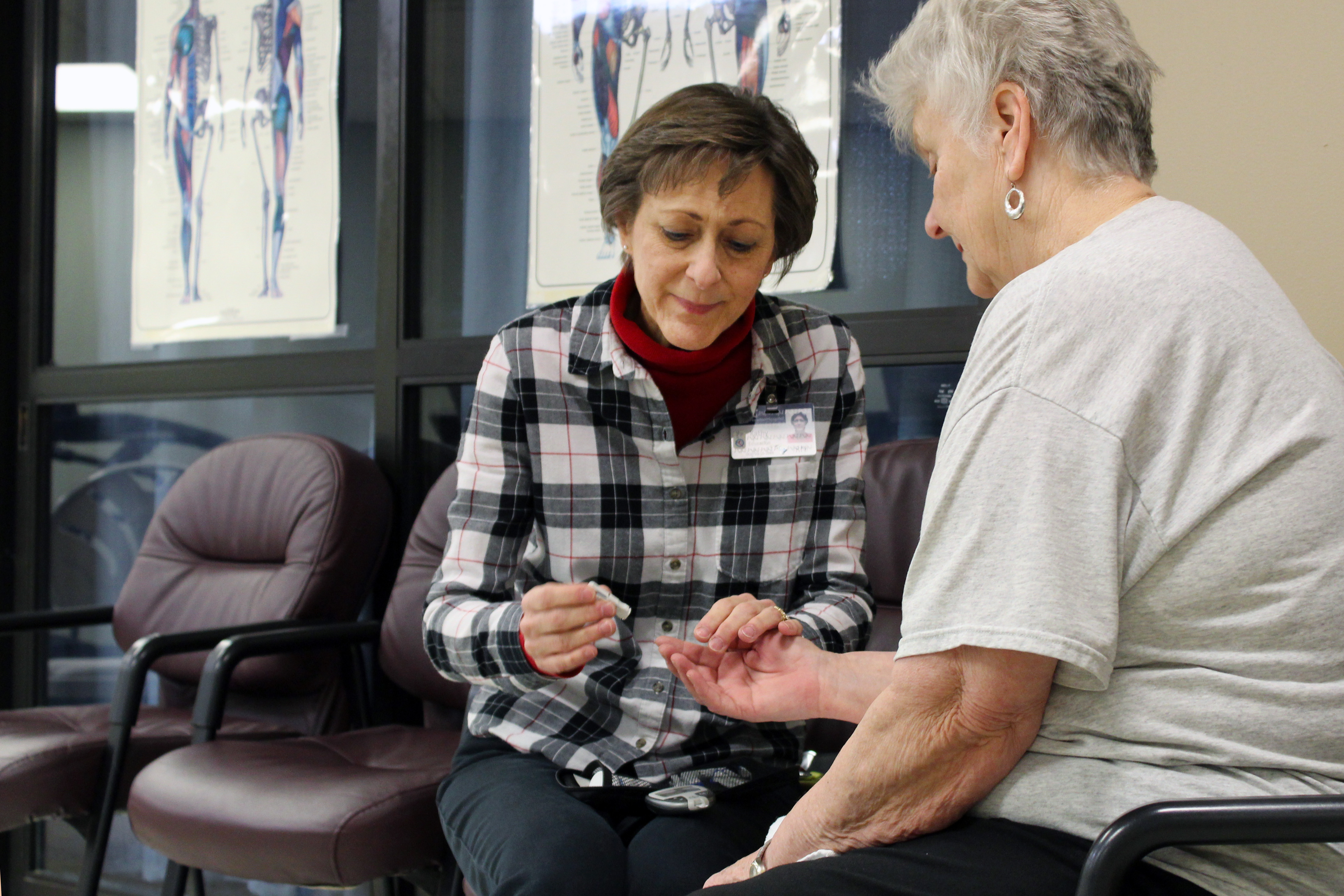What You Need to Know About Diabetes
Aug 11, 2022
Diabetes is a disease that can lead to heart attacks, strokes, blindness, loss of circulation, and other conditions. The good news is that diabetes can be controlled, and people with diabetes can lead full, healthy lives. Early diagnosis and compliance with medical advice can significantly improve the prognosis.
The importance of early detection
Diabetes is a chronic disease that affects millions of people worldwide. While there is no cure for diabetes, early detection and treatment can prevent or delay the onset of serious complications. Approximately 11% of all women in the U.S. have diabetes. Unfortunately, about a third of them do not know they have the disease.
- Prevalence of diabetes is at least 2 to 4 times higher among African American, Hispanic/Latino, American Indian, and Asian/Pacific Islander women than among Anglo-American women.
- Gestational diabetes develops in up to 5% of all pregnancies. Women who have had gestational diabetes have a 50% chance of developing Type 2 diabetes later in life.
- Women and men with diabetes are nearly eight times as likely to suffer peripheral vascular disease, a disorder resulting in reduced blood flow and oxygen to tissues in feet and legs.
- Women and men with diabetes have a significantly higher risk of cardiovascular disease, amputation, blindness, and other health complications.
Risk Factors:
- Advancing age
- Being overweight or obese
- Inactive lifestyle
- Belonging to specific ethnic groups (see above)
- High blood pressure (140/90 or above)
- Family history of diabetes
- Having gestational diabetes or having a baby weighing more than nine pounds
Signs and Symptoms:
- Increased thirst
- Frequent urination
- Weight changes
- Blurred vision
- Dry, itchy skin
- Vaginal/yeast infections
Sometimes there are no symptoms of diabetes. If you have risk factors, you need to be checked regularly.
The importance of proper diet and exercise
It is especially important to learn about proper diet and exercise. Diabetes causes glucose to build up in your blood instead of being used for energy. Over time, this can damage your eyes, kidneys, nerves, and blood vessels. That’s why a healthy diet and exercise are so important if you have diabetes.
The importance of medication
The good news is that Type 2 diabetes can be prevented or delayed with lifestyle changes such as eating a healthy diet, being active, and quitting smoking. People with diabetes may need to take medication to control their blood sugar levels. Medication is often an important part of diabetes care, and it is important to take it as prescribed.

Why is diabetes education important?
Diabetes education is essential for all people with diabetes, or at risk of developing the condition. It can help people to manage their condition effectively and prevent or delay the onset of complications. People with diabetes need to be able to understand and manage their blood sugar levels. This requires knowledge of the different types of diabetes, the signs and symptoms of high and low blood sugar, and how to treat them.
Diabetes education can help people:
- Better understand their diabetes and how to manage it.
- Learn about new treatments and advances in diabetes care.
- Cope with the emotional aspects of living with diabetes.
- Reduce their risk of developing complications from diabetes.
- Make lifestyle changes that can improve their overall health.
- With diabetes feel less alone and more supported.
Get the help you need with diabetes
Understanding what you need to know about diabetes is extremely important for people with the disease. Diabetes services and education from William Newton Hospital give patients the tools to recognize early signs and symptoms of diabetes and obtain the medical advice they need. You have the power to control your diabetes and transform your lifestyle for a healthier tomorrow.
Editorial Notes: This article was submitted for the "Weekend Check-Up," a regular health column in the Cowley CourierTraveler penned by employees and friends of William Newton Hospital. Kathy Strom, RN/CDE, is a certified diabetes educator at William Newton Hospital providing personal consultations.

Kathy Strom, RN, CDE
Posted in Head-to-Toe Health , Weekend Check-Up Column on Aug 11, 2022
